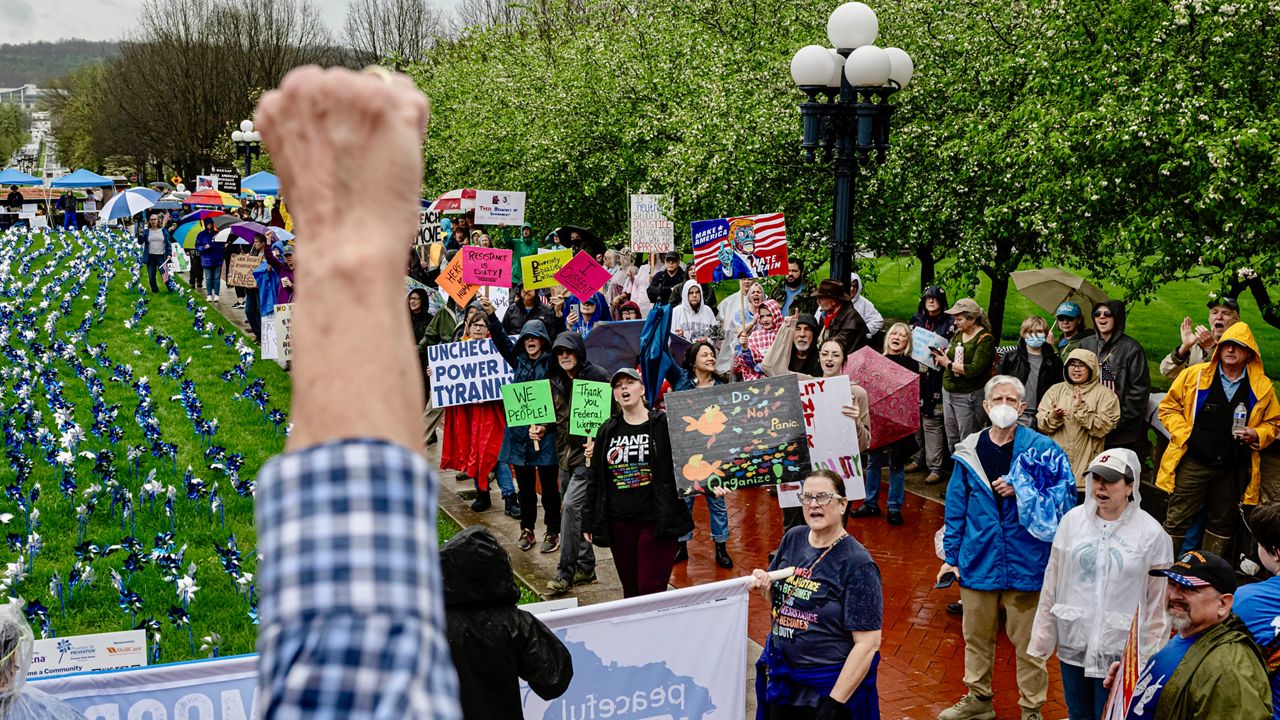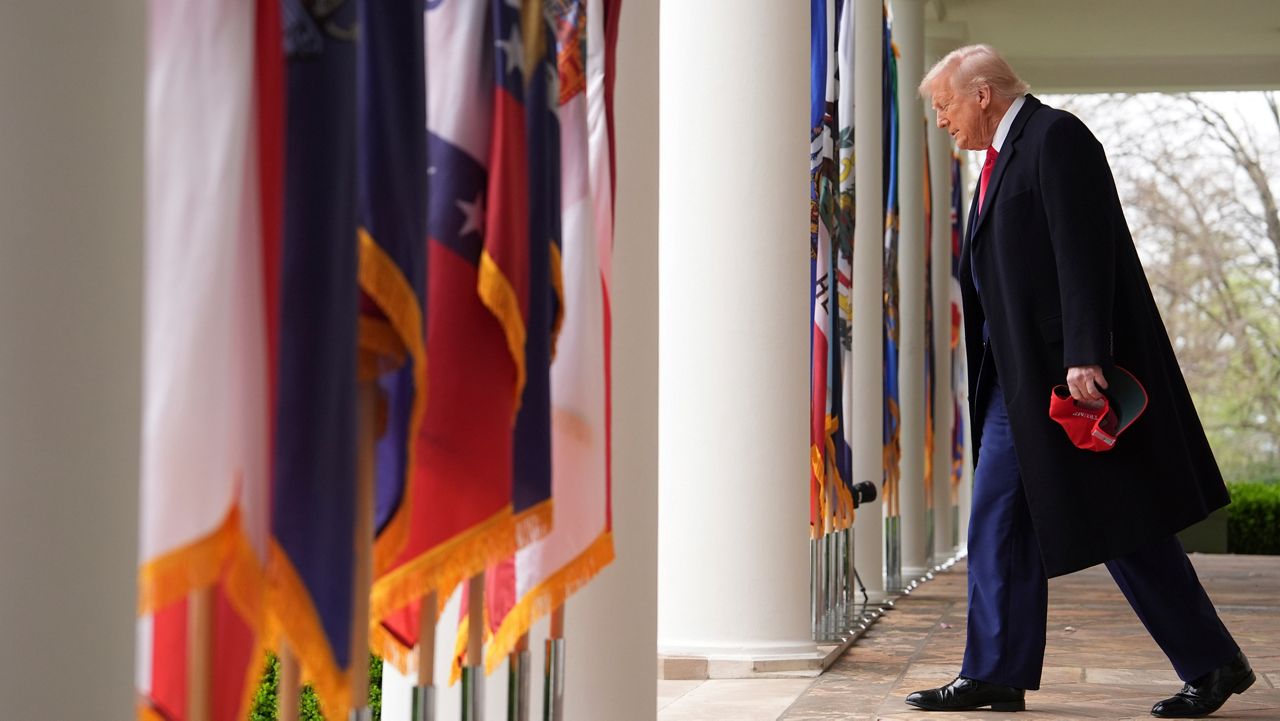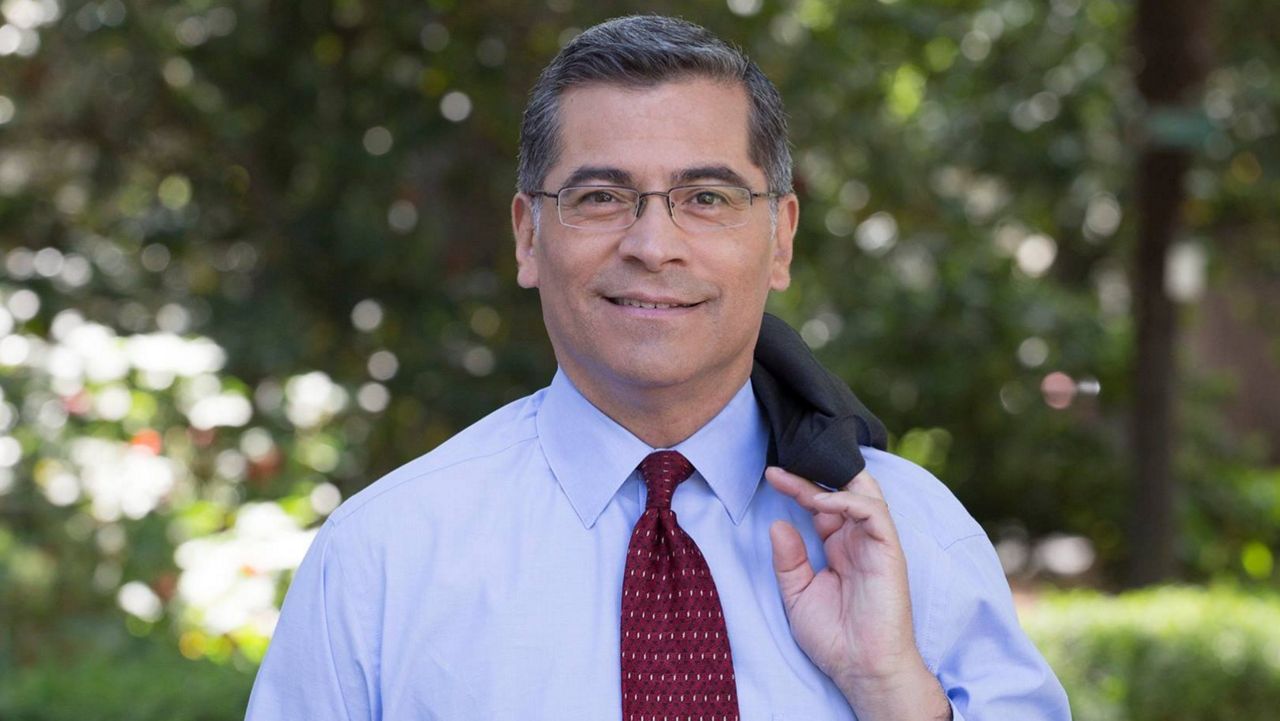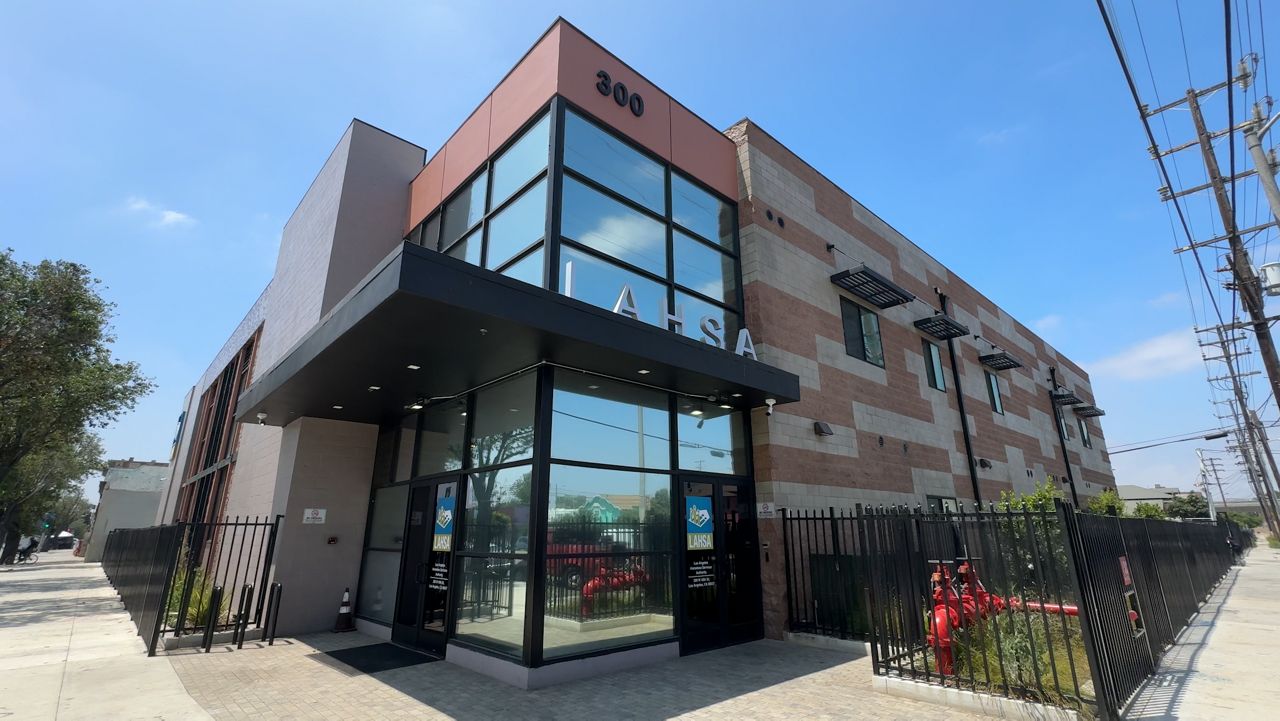CULVER CITY, Calif. — Culver City marked a major milestone in December when the City Council appointed Daniel Lee as the city’s first Black mayor.
What You Need To Know
- Before the civil movement, the city carved out of West Los Angeles was known as a “sundown town,” a city were minorities were allowed to work but not live
- Mayor Daniel Lee does not see the 2021 milestone as a cause for celebration
- Discrimination was inked into racial covenants on some houses in Culver City that limited their sale and occupancy to whites only
- “There are powerful forces, historically, that continue to shape how our neighborhoods look today and who our neighbors are,” said anthropologist Jessica Cattelino
Before the civil movement, the city carved out of West Los Angeles was known as a “sundown town,” a city were minorities were allowed to work but not live.
After growing up as the only Black girls in their Culver City public schools, former residents Rachael Grate-Tyson and Donna Elliott can’t understate their excitement.
“As a child to imagine that was like imagining us having our first Black president. It’s that big of a deal in Culver City,” Elliott said, explaining that their mother sheltered them from a lot of the overt racism they faced growing up in the 70’s and 80’s. “She never told us when we moved to Culver City, people put their houses up for sale.”
Early advertisements described it as a “model little white city” carved out of Los Angeles and discrimination was inked into racial covenants in some houses.
“No part of said premises shall be sold, conveyed, rented or leased to a person not of the white or Caucasian race,” reads a portion of the deed on Jessica Cattelino’s Culver City home.
When Cattelino, an anthropologist, bought the home, racial covenants had long been unenforceable. Still, she said they are the legacy of institutional racism.
“There are powerful forces, historically, that continue to shape how our neighborhoods look today and who our neighbors are,” she said.
Mayor Daniel Lee does not see the 2021 milestone as a cause for celebration.
“I’m not a big fan of firsts, especially firsts like this. I feel something like this should have happened in 1972, maybe 1986,” Lee said.
He is hoping to shape a more equitable future through police reforms and building affordable housing. Last year, Culver City officially apologized for its history as a sundown town and directed its staff to develop a report on the feasibility of reparations.
“It’s not just someone saying the n-word, you know, or calling someone a racial epithet, it’s really enshrined in policy,” Lee said.
As for Grate-Tyson and Elliott, they would not change their childhood.
“It enhanced me as to who I am now,” Elliott said.
They are happy the city is moving forward and addressing the past.











